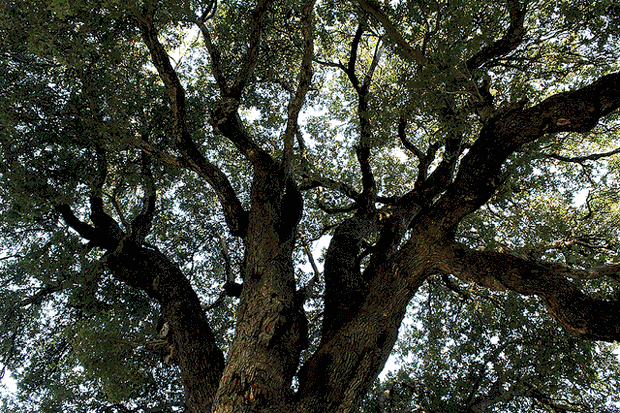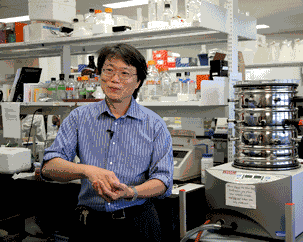“We’re bringing these leading researchers here to look at what, from their perspective, are the kinds of advances being made and, also, in future, where the new advances will come from,” Tsang says.
Thus far, these advances have arrived in the form of new enzymes found largely in fungi and bacteria. Through those enzymes, these micro-organisms are able to break down — or hydrolyze — wood and other materials, and use their sugars to feed themselves. The key for humans, Tsang says, will be to learn to do the same.
“We’re working to identify the different combinations of enzymes they use, and we’re trying to use these cocktails ourselves to hydrolyze woody biomass efficiently.”
Will our vehicles one day run on fuel fashioned from monomeric sugars? Though it’s possible now, according to Tsang, it will take decades for petroleum to be replaced completely. For the time being, he and his colleagues are focused on drawing these resources from seemingly unlikely sources.
“We’re not going to stop using energy,” Tsang says. “We’re not going to stop driving cars. The question, really, is whether we can make everything we do a little more environmentally friendly.”
The 5th Annual General Meeting of the Natural Sciences and Engineering Research Council of Canada’s (NSERC) Bioconversion Network takes place from June 2 through 4 in the Research Centre for Structural and Functional Genomics (GE) Building on the Loyola Campus (7141 Sherbrooke St. W.).
Find out more about Concordia’s Centre for Structural and Functional Genomics.

